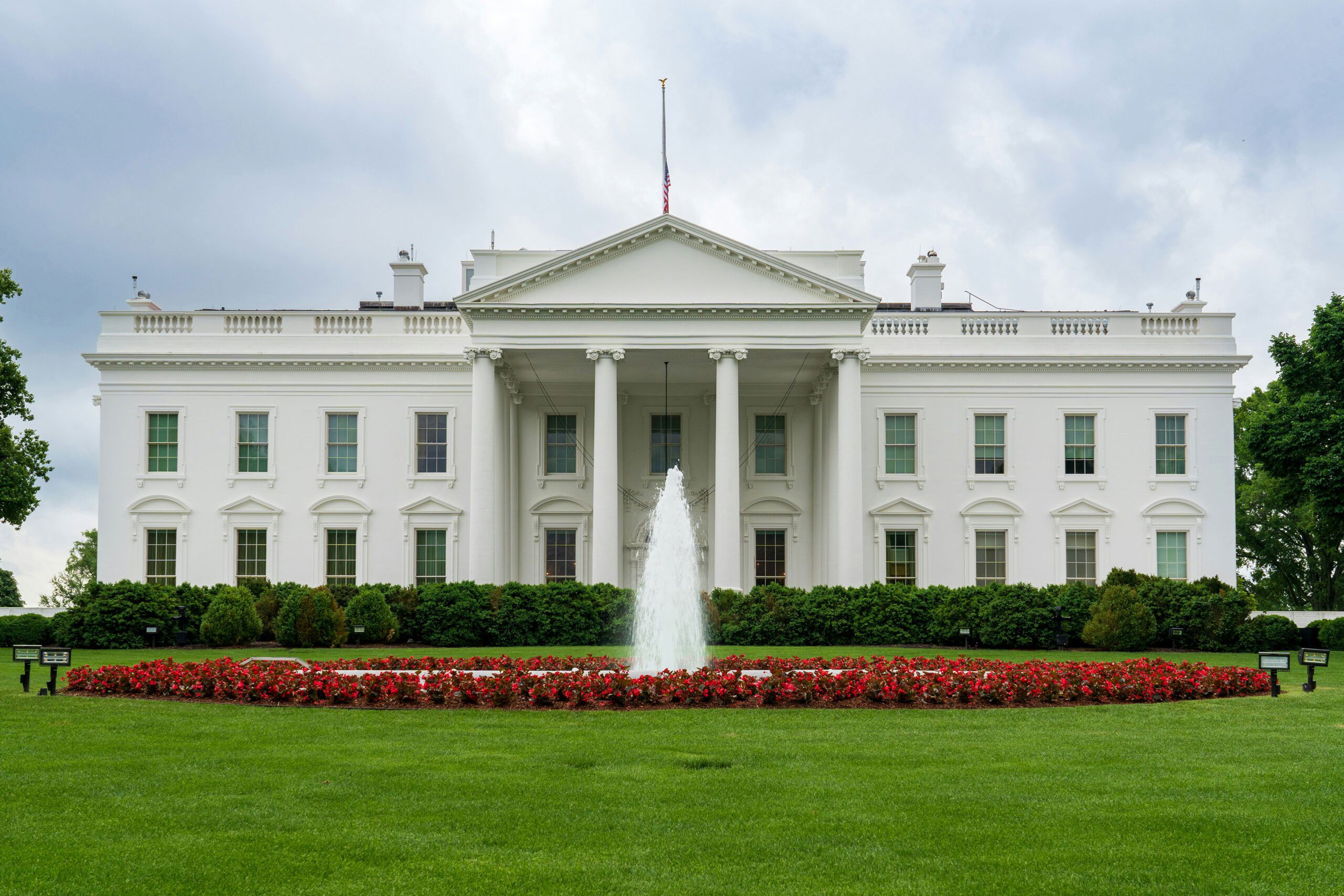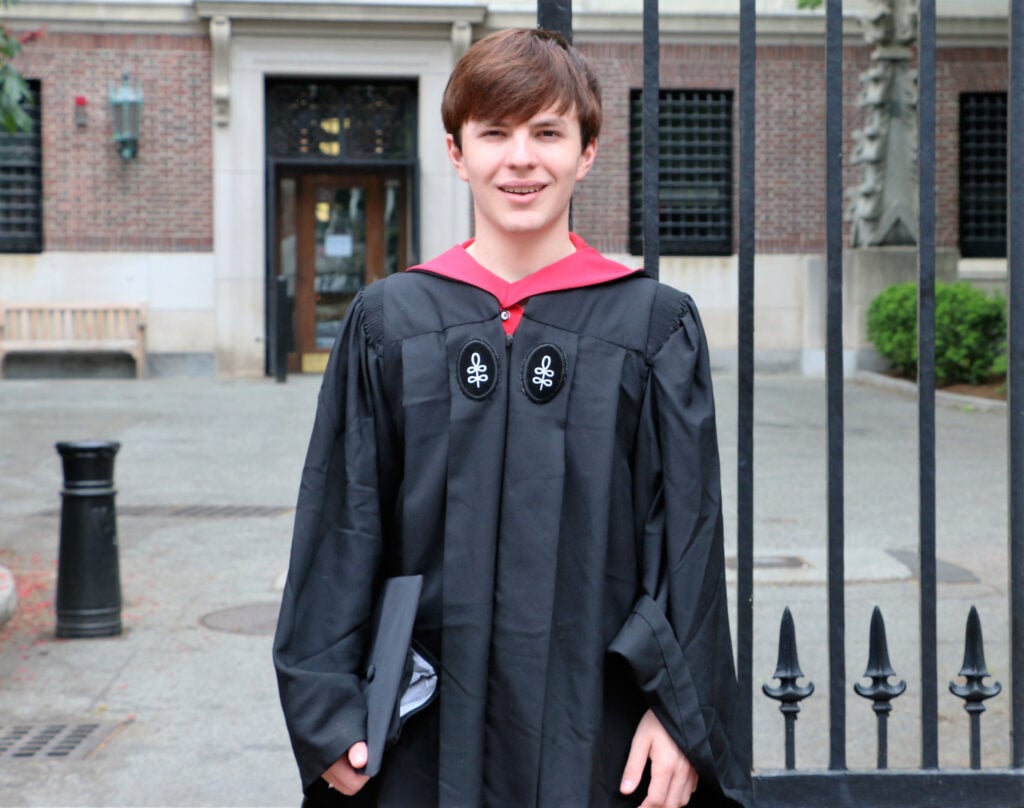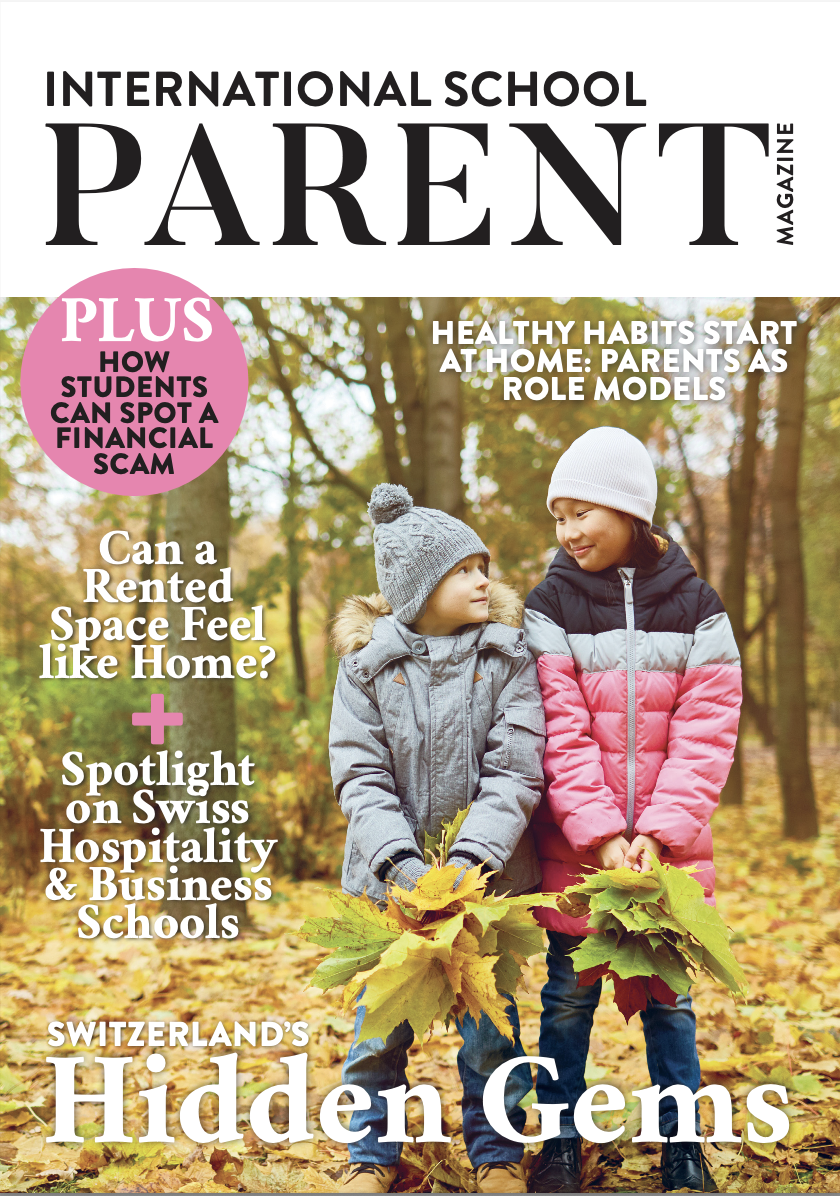Has the Trump Administration Ruined the Lure of the Ivy League?

By Rebecca Pretorius, Regional Director Crimson UK and Europe
Over time, the Ivy League colleges have become the gold standard of U.S colleges — eight institutions that share a similar legacy of academic excellence, global prestige, and enduring influence. Admission rates across the Ivy League are the lowest in the world, reflecting this enduring appeal. For the Class of 2029, Yale admitted 4.6% of applicants, Columbia 4.28%, and Princeton has historically maintained an acceptance rate around 4–5%. Harvard has not yet released its acceptance rate for the Class of 2029 but its acceptance rate for the Class of 2028 was just 3.6% These numbers speak to more than just competitiveness — they reflect a deep and consistent global demand for what the Ivy League represents: excellence, opportunity, and influence that spans generations.
International students continue to be a vital part of the community. At Harvard, for example, international students made up approximately 16% of the Class of 2028, and more than 25% of the total student body when graduate programmes are included. Similar figures hold across other Ivies like Yale, Princeton, and Columbia, which consistently attract top students from every corner of the world.
What Harvard Reveals about the Ivy League’s Staying Power
Right now, no Ivy League school is in the spotlight more than Harvard — and for good reason. Its battles, legal and political, have become a stand-in for the larger cultural war being waged in America. What’s happening there — accusations of bias, attacks on institutional independence, and public scrutiny — is something every top-tier university in the Ivy League has seen in some form. This isn’t the first time these institutions have been under pressure, and it won’t be the last. And if history is any guide, Harvard will weather the current storm just as it has others, stronger, not diminished.
Parallel to Post-9/11 Backlash
After the 9/11 attacks, the atmosphere at many Ivy League and other U.S. college campuses — including Harvard — shifted dramatically, especially for Middle Eastern, South Asian, and Muslim students who experienced heightened tensions and fear on campus. Islamophobia spiked. Students were profiled. Dissenting faculty were attacked. Classrooms became battlegrounds for ideology.
And yet, despite real pain and conflict, Harvard and others emerged with their reputations intact. Harvard remained a global symbol of academic excellence, and prestige. Few people today associate Harvard with campus tensions from 2001. That moment has faded into history — because controversy doesn’t define institutions like Harvard.
Today’s Fight is Political Not Existential
While the current political climate has put Harvard in the spotlight, the ripple effects across the Ivy League deserve attention. Institutions like Yale, Columbia, and the University of Pennsylvania have also faced scrutiny — from debates over free speech to the politicisation of diversity and inclusion. These aren’t isolated challenges, but part of a broader attempt to reshape higher education through pressure, optics, and fear.
Trump’s attacks on Harvard, framing it as a symbol of elite liberalism, “woke” ideology, and anti-semitism are part of a broader political strategy, and not a serious threat to Harvard’s academic standing. And, Harvard has the strength to fight back. With an endowment of over $50 billion — larger than the GDP of many nations — Harvard is among the most well-resourced institutions in the world. It has both the legal firepower and the moral clarity to respond forcefully and strategically. Harvard is willing to fight for what it believes in, no matter what it takes — in the past few months, the university has said they will “not surrender its independence or relinquish its constitutional rights”, and that “the stakes are so high that we have no choice but to fight”.
Yes, the media cycle is louder now. Social media amplifies every headline and TikTok turns legal drama into viral content. But just as the post-9/11 wave of campus paranoia faded, this too will pass.
The Impact in Students
International students are feeling the pressure more than anyone. Manynare in the U.S on visas that now feel precarious, not just because of shifting immigration policy but because of the politicised atmosphere surrounding higher education. For current and incoming students, especially those from countries frequently targeted in political rhetoric, there’s real fear: fear that their presence could be questioned, that their visas could be revoked, or that their political views — even a social media post — could be used against them. Some are questioning whether it’s still safe to study in the U.S. at all. The uncertainty has cast a shadow over what should be a time of excitement and opportunity. This isn’t just about free speech or institutional autonomy — it’s about the lived reality of students.
Harvard has Survived Worse
Whatever challenges it faces now, including political attacks and media storms, Harvard’s history proves it’s built to outlast them. Harvard has withstood centuries of upheaval, proving its resilience through wars, pandemics, political battles, and cultural shifts showing just how deeply rooted and enduring the institution really is. It has evolved but never faltered.

Built To Endure: A History of Resilience
Epidemics and pandemics:
• The Smallpox outbreaks in the 17th and 18th centuries
• The 1918 influenza pandemic (classes suspended, students enlisted, some dorms turned into infirmaries)
• COVID-19 pandemic (fully remote learning, international student visa crisis, campus closures)
Wars and Conflict:
• The American Revolution – buildings used to house Continental Army troops; operations disrupted
• Civil War – campus divisions; many students and alumni fought on both sides
• World War I & II – military training on campus, students and faculty enlisted
• Vietnam War – intense protests, student unrest, and a national spotlight on campus politics
Legal and political pressure:
• McCarthy era (1950s) – faculty interrogated, loyalty oaths demanded
• Civil Rights Movement – challenged institutional racism and opened doors for change
• Affirmative Action lawsuits – ongoing legal battles over race- conscious admissions
Harvard’s Name Opens Doors
No amount of pandemic or political noise changes the fact that a degree from Harvard carries enormous weight — in boardrooms, courtrooms, operating rooms, and policy circles around the world. Ironically, the louder the criticism, the more it confirms just how much Harvard still matters. Harvard attracts controversy — it always has. But it doesn’t just survive; it endures.
Harvard has produced world leaders, Nobel winners, pioneering researchers, and cultural icons for generations. That’s what shapes legacy — not a lawsuit.

Jamie Beaton, Crimson CEO, founded Crimson Education in 2013 at the age of 17 from his Harvard dorm room. He has authored the Bestseller “ACCEPTED! Secrets to Gaining Admission to the World’s Best Universities”.
• A.B. in Applied Mathematics–Economics, Harvard University
• Master of Applied Mathematics, Harvard University
• Master of Business Administration (MBA), Stanford Graduate School of Business
• D.Phil. in Public Policy, University of Oxford – Rhodes Scholar
• Master of Global Affairs, Tsinghua University – Schwarzman Scholar
• Master of Science (M.S.) in Education Entrepreneurship, University of Pennsylvania
• Juris Doctor (J.D.), Yale Law School
• Master in Finance, Princeton University
